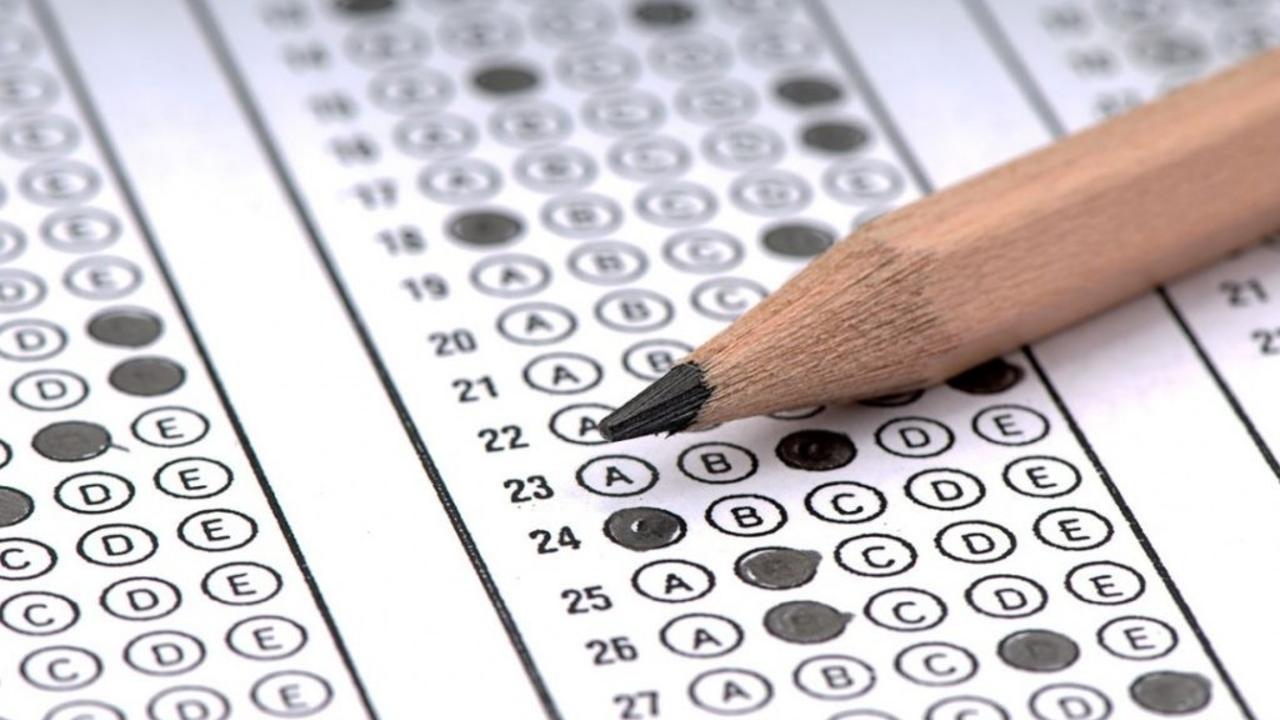How to Demonstrate Interest During the Pandemic

College admissions offices are almost done with the class of 2020 and will quickly turn their attention to the class of 2021. When you and your child cannot visit in person, there are many ways to engage with the admission office via technology:
Parents, please share this with your kids:
Follow the colleges’ social media accounts (but make sure that YOUR accounts are clean first!)
#1 Subscribe to and comment on admission offices’ blogs.
#2 Sign up online for recruitment emails. This identifies you as a prospective student and puts your information in the college’s database.
#3 Open and, if appropriate, reply quickly to any emails you receive from colleges. Click through on the links in the emails to re...
Why College Students Should Consider Transferring

With the COVID-19 chaos and every college in the country now closed for the year, students and parents need to really evaluate if they want to or need to return to the same university. While your child may be “happy” where they are, the question is now: how productive will they be?
College students are on the clock in terms of graduation. For families that are concerned about college costs, there is a lot of uncertainty about how some schools will handle finishing this semester and move forward in the fall. My fear is that the kids who were on the four-year-track may now need an extra semester or year to finish.
- How will distance-learning credits count towards graduation?
- What will be the cost i...
SAT and ACT Tests Are Being Canceled, Now What?

Many students in the class of 2021 are concerned about how they're going to be evaluated by colleges given the global pandemic and their SATs or ACTs possibly not being a part of their application. As of right now, most schools have not determined how they will handle this, but please know that colleges want to evaluate students based on their best selves. So if students don't have testing yet, they can in the fall, and we're hoping that we're all through this in the coming weeks or months.

Colleges understand that this is a stressful time. Remember, the administrators and admissions officers are all working from home and most likely are quarantined to some capacity too. What the next few months hold...
How Can High School Athletes Play Sports in College

Want to play sports in college?

This week we're talking about how high school athletes can play college sports.
Ninth graders, you must have almost know what your core courses must be from ninth grade through twelfth grade. It is imperative that you find out as ninth graders what you need to do now in order to graduate with the necessary 16 courses that you need in order to play sports at the next level.
Tenth graders, please register at eligibilitycenter.org. This is a subset of the NCAA, the National Collegiate Athletic Association, and they need you to register with them if you plan to play sports in college.
Eleventh graders, if you haven't done so already, please register with the NCAA. Bu...
What's Going on With Standardized Tests?

Within the last year, more and more colleges and universities have dropped requirements for standardized tests. The ACT and the College Board, which is the SAT, have been around forever and they are cemented in how we think about college admissions and what schools are the best. As someone who did not test well as a teenager and someone works with students who have a range of scores, I am always conflicted about how to gauge or share information about these powerful pieces to the admissions puzzle.
I’m glad that many schools such as Trinity College in CT, Bucknell in Pennsylvania, Indiana University and many others are actually becoming test-optional and not requiring the tests, however, the truth stil...
College Majors: Privilege vs Not-So-Much

I read this last week and this is bugging me and I cannot let it go. I don’t know this man and I don’t need to. But anyone who implies that it’s ok to go to college without direction or intention is dangerous. Or just rich.
Let’s examine some of his profound statements:
“When I was a teenager stressing about my next step, my parents reassured me that an undergraduate degree doesn't have to define your future. In fact, it shouldn't.”
True. No degree or college defines your future. But it strongly influences it. The critical years of 17-23 mold people and often set their life priori...
10 of the Best Colleges for African American Students

As we continue to celebrate Black History Month, I want to share with you 10 great universities that have a history of helping African-American students to excel. This list was comprised by Essence magazine, as well as Money magazine, and I co-sign on it, because it's based on representation, graduation rates, affordability, and postgraduate earnings. True, some of these schools on this list have comparatively fewer black students, but they're extremely generous with financial aid and have financially successful alumni.
The top 10 are:
- Princeton University in New Jersey
- Harvard University in Massachusetts
- Duke University in North Carolina
- Cornell University in New York
- Florida A&M in Tallaha...
Should You Trust Your High School Guidance Counselor?

One of the most common frustrations of any parent of a high school student is their access to the school guidance counselor. Did you know that the average student to school counselor ratio is 482:1, nearly double the 250:1 ratio recommended by the American School Counselor Association?
This is not the fault of the school guidance counselor. They're a well-intentioned educator, but this is the reality. Too many students need help with choosing classes, creating a college list and receiving advice on what major they should choose or even a career direction.
In Michelle Obama's book, Becoming, she made it clear that her high school guidance counselor was poor and she has made it her mission to not let it...
7 Questions You Should Ask Your Child's Guide Counselor

We're at the point in the school year where students and parents should be connecting with their school guidance counselor about choosing classes for next year. Beyond the obvious questions of, "What I, the student, should be taking," or, "How it will help me, the student, get into college?"
Here are 7 more questions that you, the parent, should have while you have the guidance counselor's ear.
- Which elective courses do you recommend for my kid?
- Are there any AP courses available?
- What's the plan for the PSAT, the ACT? Do we get practice exams here?
- Is this school a testing center for the ACT or SAT, or do I need to go somewhere else nearby?
- Do you have college handbooks or other guides that...


